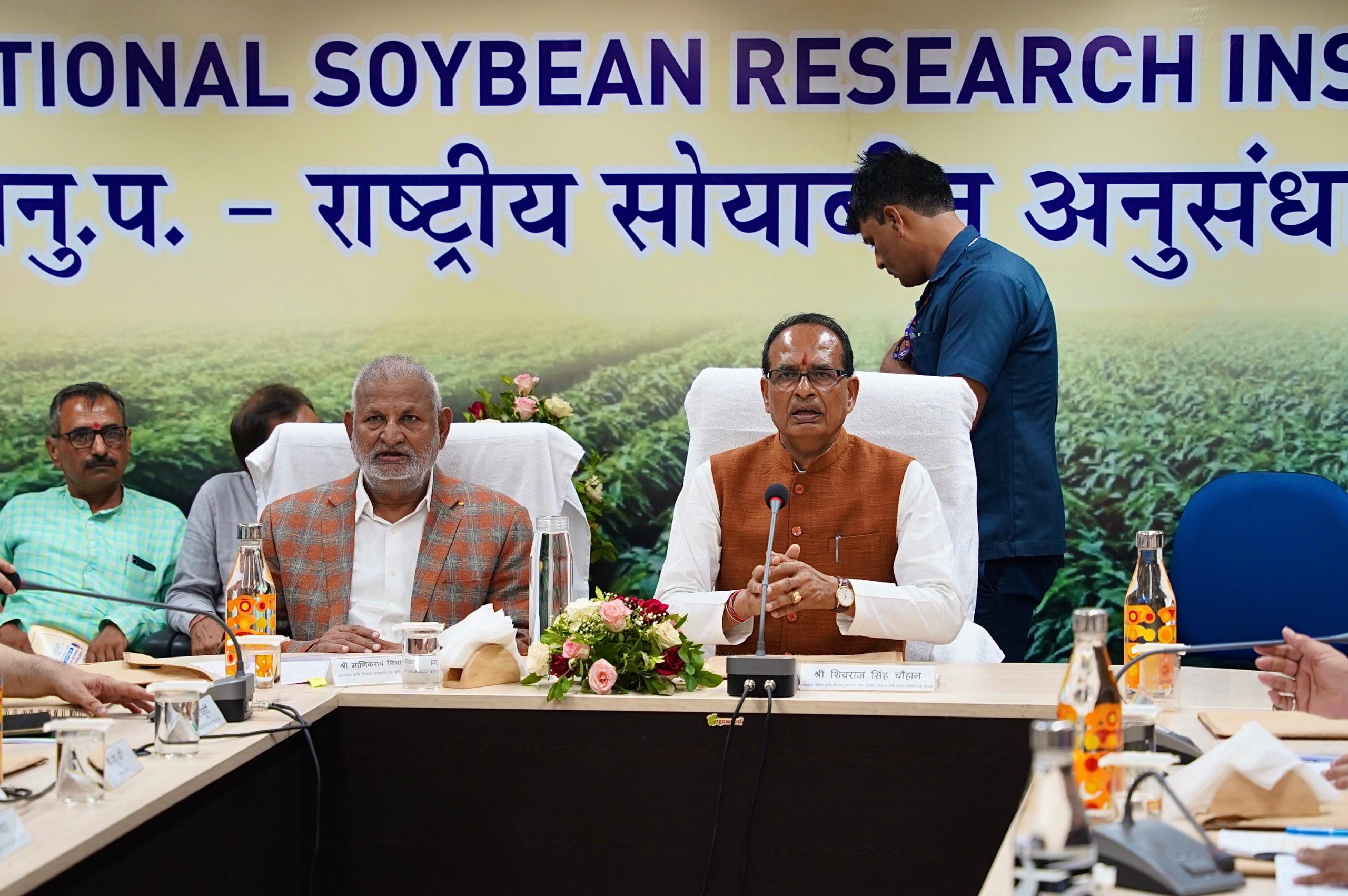Union Minister of Agriculture & Farmers’ Welfare and Rural Development Shivraj Singh Chouhan on Thursday emphasized that a developed agriculture sector and prosperous farmers are crucial for a developed India. Speaking at a press conference in Indore, he highlighted India’s rapid progress under Prime Minister Narendra Modi’s leadership, noting that the country has become the world’s fourth-largest economy. He stressed that increasing agricultural production, reducing costs, compensating for crop losses, ensuring fair prices, and promoting natural farming are key priorities.
The government has launched the ‘Viksit Krishi Sankalp Abhiyan,’ a nationwide initiative to address critical agricultural challenges. This strategy focuses on enhancing the productivity of major crops through crop-specific and state-specific interventions. Addressing soybean productivity, Chouhan noted that food grain production has surged by 44% over the past 11 years. However, a gap between laboratory research and field application has persisted despite the efforts of over 16,000 agricultural scientists.
To bridge this gap, the government introduced the ‘Lab-to-Land’ approach during the ‘Viksit Krishi Sankalp Abhiyan,’ with 2,170 teams engaging over 13.5 million farmers to align research with on-ground needs. Chouhan announced a significant shift in agricultural research, stating that topics will no longer be decided solely by scientists in Delhi but through direct discussions with farmers in the fields. Recognizing farmers’ insights into practical challenges, he highlighted their innovative practices, which scientists will now refine and scale for broader impact.
During the campaign, farmers raised concerns about substandard seeds, pesticides, and seed availability. In response, a detailed workshop was held, leading to plans for comprehensive discussions with farmers, agricultural universities, and stakeholders. Chouhan outlined plans to boost per-hectare productivity using techniques like genome editing for improved seeds and new technologies to combat issues like root rot in soybean crops. With agricultural labor shortages, he emphasized the need for greater mechanization, alongside research into disease-resistant crop varieties, seed treatment, and timely disease identification.
Chouhan also highlighted soybean’s role as a key protein source, advocating for increased use and export of soymeal and promotion of value-added products like tofu and soy milk. Progressive farmers achieving yields of 20 quintals per acre have shared their methods, which will inform future research. Upcoming consultations will focus on cotton in Coimbatore, sugarcane in Meerut, and pulses in Kanpur to enhance productivity across major crops.
Reaffirming the government’s commitment, Chouhan said, “Our mantra is: One Nation – One Agriculture – One Team. All stakeholders must unite for comprehensive and sustainable agricultural growth.”










